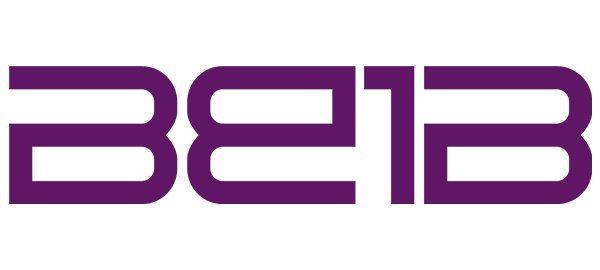The crucial process of KYC, or Know Your Customer, has established its relevance in every business sector, particularly in the real estate industry. With a disturbing rise in money laundering and fraudulent cases, the KYC verification process has become increasingly essential. This blog post delves into the intricacies of the KYC process in real estate, highlighting its significance and modus operandi.
KYC Explained: An Essential Process in Real Estate Transactions
KYC is a mandatory process adopted by businesses to ascertain their customers’ identity. It necessitates gathering and authenticating details such as the customer’s name, address, date of birth, and government-issued identification documents. The primary aim of the KYC process is to thwart financial crimes, including money laundering, terrorist financing, and identity theft.
The Significance of KYC in Real Estate Transactions
Historically, the real estate industry has been susceptible to money laundering and fraud activities. Shady characters manipulate real estate transactions to launder money by procuring properties through unlawful funds and subsequently selling them for profit. Real estate also becomes a means to conceal their wealth and dodge taxes.
The KYC process stands paramount in real estate to detect potential money laundering and fraud threats. By amassing and validating customer information, real estate enterprises can ensure their transactions’ legality and deter criminals from misusing their services.
KYC Procedure in Real Estate: A Step-by-Step Guide
Executing the KYC process in real estate involves several phases:
- Collecting customer information: Real estate enterprises must gather crucial details about their customers, including their name, address, date of birth, and government-issued identification documents.
- Verifying customer information: The customer-provided details must undergo verification. This involves examining the genuineness of the identification documents and cross-checking the information with third-party databases.
- Risk assessment: Every transaction’s risk quotient must be evaluated based on factors such as the customer’s geographical location, the nature of the property being procured, and the fund source.
- Ongoing monitoring: Continuous surveillance of their customers’ transactions and activities is incumbent upon real estate businesses to spot any dubious behaviour.
Benefits of KYC in Real Estate
Implementing a KYC protocol in the real estate sector offers several advantages:
- Regulatory compliance: KYC ensures adherence to regulatory obligations, helping real estate businesses evade fines and penalties.
- Risk mitigation: KYC identifies and reduces potential money laundering and fraud risks.
- Reputation enhancement: A robust KYC protocol can boost a real estate enterprise’s reputation and instil trust among customers and stakeholders.
- Competitive edge: Real estate businesses employing a KYC protocol can distinguish themselves from competitors and appeal to customers valuing transparency and accountability.
The KYC process is crucial for real estate businesses to ascertain their customers’ identity and prevent financial crimes like money laundering and fraud. By establishing a robust KYC protocol, real estate businesses can adhere to regulatory requirements, alleviate risks, enhance their reputation, and secure a competitive edge.
For more insights into our KYC services, feel free to contact us!




